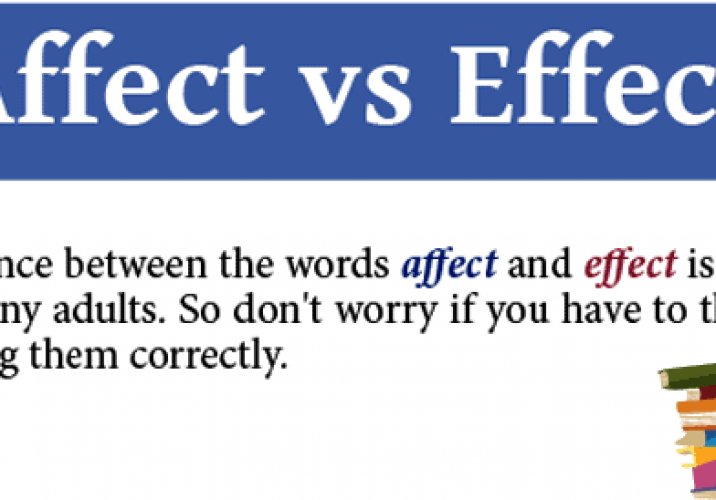
This can lead to individuals making poor decisions in negotiation situations because they aren’t aware of what they don’t know. In other words, people who know very little about something think that they know more than they do, while those who are truly knowledgeable tend to be more humble about their expertise. Their findings showed that people who had little knowledge or expertise in certain areas were more likely to rate their proficiency as higher than it actually was due to their lack of understanding about the subject matter. The Dunning-Kruger effect was first described by psychologists David Dunning and Justin Kruger in 1999 following a series of experiments they conducted at Cornell University. Let’s dive a bit deeper and explore how this could affect negotiations.

In short, the Dunning Kruger effect is when someone overestimates their own knowledge or skillset in a given area, leading them to make bad decisions. Have you ever heard of the Dunning Kruger effect? It’s one of those psychological phenomena that can have a real impact on your ability to negotiate effectively.


 0 kommentar(er)
0 kommentar(er)
